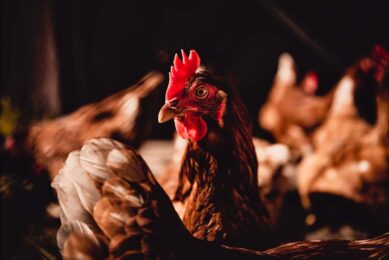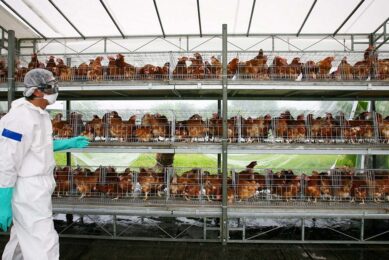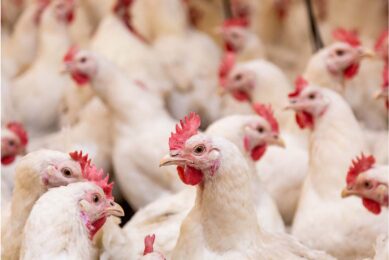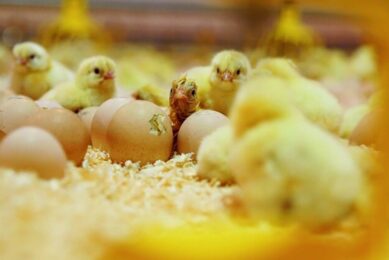AI vaccine protects multiple species
The Journal of General Virology reports that a single vaccine could now be used to protect humans, birds and mammals against different flu strains and can be given to birds while they are still in their eggs.
Avian influenza poses a major challenge to scientists developing vaccines as it can infect a number of different animals, including birds, pets and people. Now, US researchers have discovered that a vaccine based on a bird flu virus could be used to protect several species against different influenza viruses.
“The world is experiencing a pandemic of influenza in birds caused by an H5N1 virus,” said Professor Daniel Perez from the University of Maryland in the US. “The H5N1 virus also has an unusual expanded host range: not only birds and humans have been infected but also cats, which are usually resistant to influenza. To prepare for a pandemic, it would be ideal to have a vaccine that could be used in multiple animal species.”
Researchers found that the central genes or ‘backbone’ of the H9N2 virus that infects guinea fowl can protect birds and mice against highly pathogenic strains of influenza. They modified the virus to make it less pathogenic and then used it to vaccinate mice. Three weeks after being vaccinated, the mice were infected with the potentially lethal H1N1 virus – the same virus that caused the 1918 Spanish flu pandemic. All the vaccinated mice survived with no signs of disease. Vaccinated mice also survived infection with the deadly H5N1 bird flu virus, again showing no signs of disease.
“Our results show that the H9N2 backbone vaccine can be used to protect mice against two different, highly pathogenic strains of influenza. We chose genes from H9N2 influenza for the vaccine because the virus can infect many different animals, including chickens, mice and pigs,” said Prof Perez. “A very important limitation in the current design of flu vaccines is that they are usually species specific. Our approach involves a universal backbone that can be used in several different species, including humans.”
More importantly, this live attenuated virus provided effective protection when it was administered to birds before they had hatched. By vaccinating eggs against influenza, we could protect wild bird species as well as domestic chickens against pandemic flu strains, limiting the spread of disease to humans.
Join 31,000+ subscribers
Subscribe to our newsletter to stay updated about all the need-to-know content in the poultry sector, three times a week. Beheer
Beheer








 WP Admin
WP Admin  Bewerk bericht
Bewerk bericht